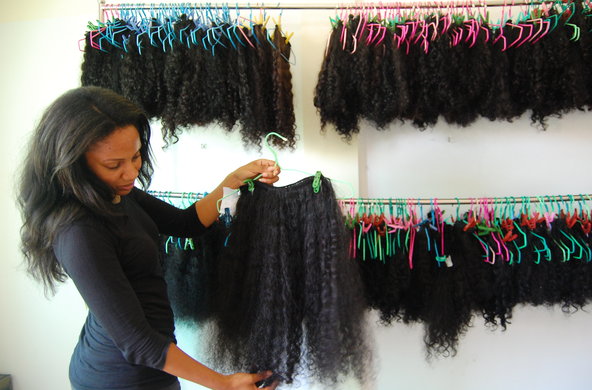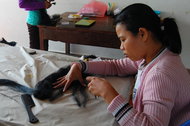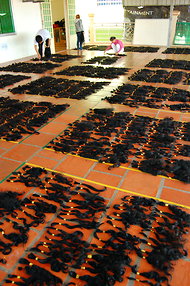Britney Spears will not return for another season of “The X Factor,” TMZ and The Hollywood Reporter said Thursday, opening up another chair at the judges’ table on the Fox singing competition.
Ms. Spears’s intention to leave has been rumored for weeks now, amid underwhelming reviews of her performance on the show, which wrapped up its second season in December. The Web sites cited anonymous sources who said Ms. Spears wanted to focus on her forthcoming album. Fox declined to comment.
Earlier this week, the Fox entertainment chairman, Kevin Reilly, said he thought Ms. Spears “did a really good job,” but said he did not know if she would return. Simon Cowell, the creator of the show and a judge on it, “hasn’t even talked about any of this going forward,” Mr. Reilly said.
Another judge, Antonio Reid, known as L.A., said in December that he was leaving the show. For those keeping score, Mr. Cowell and Demi Lovato are now the only judges left, but Mr. Cowell has plenty of time to recruit new ones before the third season of “The X Factor” begins in the fall.
Article source: http://mediadecoder.blogs.nytimes.com/2013/01/10/britney-spears-said-to-be-leaving-the-x-factor/?partner=rss&emc=rss



